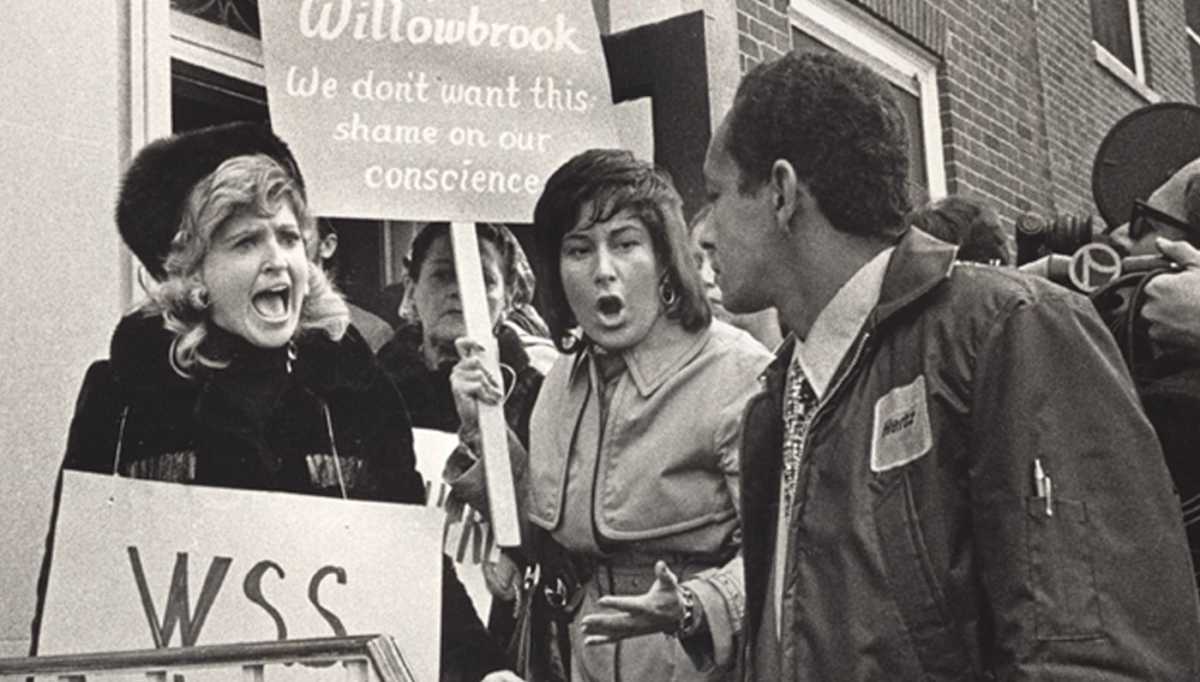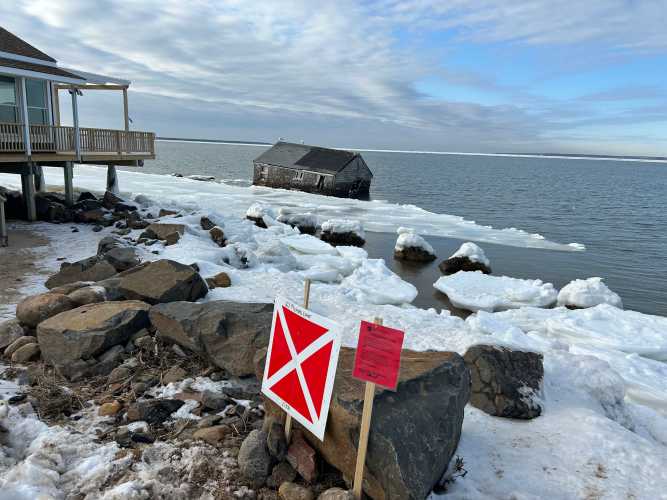“What’s happening!?’ He came up behind me, asking with his Cheshire Cat grin. It was Baghdad, Iraq, 2003, on a hot, dusty rooftop overlooking Saddam Hussein’s just-conquered capital, and I never expected to see New York’s ex-top cop.
But there he was, Bernie Kerik, hatless, his famous mustache topping his jutting chin, muscular arms filling his short-sleeved khaki shirt.
“What are you doing here?” I asked, recovering from the surprise of seeing a familiar face in an unexpected setting.
“President Bush sent me.”
Ahh, now I remembered. He was Iraq’s newly appointed acting ninister of the interior. After America’s massive ‘Shock and Awe’ bombing campaign, our forces easily routed the Iraqi Army. Coalition forces quickly occupied the ancient capital in the embarrassing search for non-existent weapons of mass destruction.
Saddam’s Sunni loyalists were unhappy about being overthrown. They were not cooperating with occupation forces, and there was no local authority to stop looting and lawlessness and quell a budding Shiite insurgency. Bernie Kerik was a legendary lawman, the perfect cop to tame impossible Baghdad, and I was delighted to see him try.
Retired with honors, having led New York City’s rise from the ashes of 9/11, Bernie had accepted a six-month tour in Iraq to stand up a local police force. He only stayed four months in America’s misguided and naive mission-never accomplished.
Impossible Iraq aside, and before he got snitched out by a scurvy con man since deceased, most of Bernie’s career worked brilliantly. He served in the U.S. Army for several years before his meteoric rise through the ranks in New York, first to corrections commissioner and then police commissioner.
He was a law enforcement god. On Bernie Kerik’s watch, New York was the safest big city on earth. On the day the towers went down, Bernie propped up a deeply shaken Mayor Guiliani. The pair dodged falling debris, helped steer aid and manpower, and together held the city together with grit and courage. He became “America’s Cop.”
In 2004, President Bush chose him to lead the Department of Homeland Security. Ironically, during questioning for that DHS job, he got snagged in a wildly over-prosecuted case of minor corruption.
When he was corrections commissioner, he had accepted a bribe in the form of underpriced apartment décor, among other minor infractions.
For that chump change crime, he did three years of a four-year felony rap. Most of that time was served in remote Western Maryland, hours from his family. He was left battered by the severe sentence; I made the trek to visit him twice. Most did not. He was shunned by many of his rich and powerful friends and by the media, ever eager to expose human frailty.
He wrote several excellent books about his harrowing experience behind bars and the soul-destroying industry that supports modern-day incarceration, including “The Lost Son: A Life in Pursuit of Justice,” a best seller, and “From Jailer to Jailed: My Journey from Correction and Police Commissioner to Inmate 84888-054.”
Bernie eventually built a small security business, focusing on Middle Eastern clients. But the corruption convictions hung like a lead weight around his neck, severely limiting his employment opportunities.
One of these days, I will write about everything wrong with presidential pardons, but just know that President Trump got it exactly right when he pardoned this fine man in 2020.
RIP America’s Cop, Bernard B. Kerik, a great if imperfect man.
































